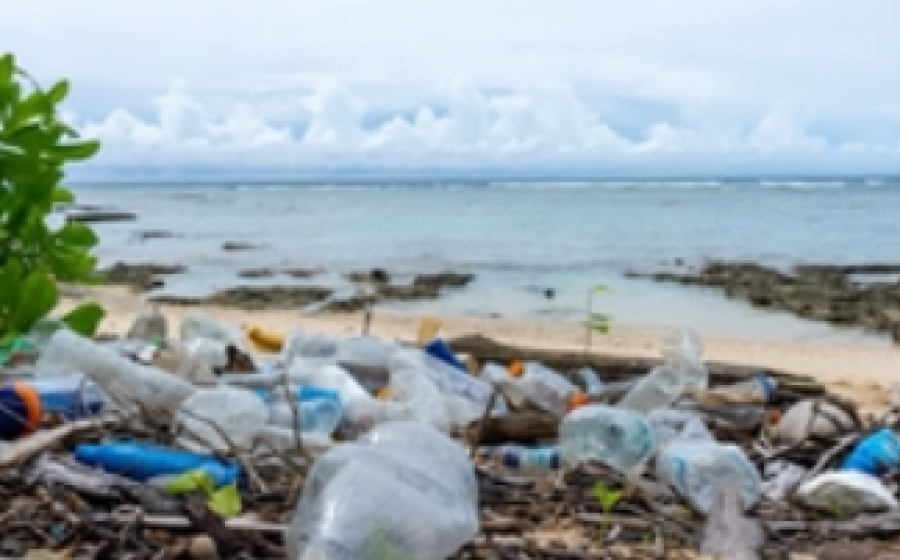
In a striking leap toward cleaner energy and plastic waste reduction, a team of Korean scientists has developed a groundbreaking technology that transforms discarded PET bottles into hydrogen fuel using only sunlight and water.
Led by Professors Kim Dae-Hyeong and Hyeon Taeghwan at the Institute for Basic Science (IBS) Center for Nanoparticle Research, based at Seoul National University, the research team has engineered a floating photocatalytic system capable of turning common plastic waste into a valuable energy source. The innovative process not only produces hydrogen gas but also recovers terephthalic acid a key building block for producing new PET thus promoting a circular approach to plastic lifecycle management.
Unlike conventional hydrogen production methods such as methane steam reforming, which emit significant greenhouse gases, this new system harnesses the sun’s energy to drive a clean reaction. A major advancement lies in the team’s design: a polymer-stabilized photocatalytic system that performs reliably at the water-air interface, enabling it to operate stably in real-world conditions including seawater and tap water for over two months.
“Every component of the system from the catalyst material to the floating structure was meticulously designed for practical outdoor use,” said Dr. Lee Wanghee, co-first author of the study. Published in Nature Nanotechnology, the research demonstrates an eco-friendly route to both reduce plastic pollution and produce carbon-free fuel.
With a one-square-meter prototype already showing promising results under natural sunlight, the scientists are optimistic about scaling the solution to industrial levels. Simulations suggest larger installations of 10 to 100 square meters could generate hydrogen efficiently and affordably, helping pave the way for a hydrogen-powered, carbon-neutral future.
Professor Hyeon summed it up best: “This is one of the rare cases where photocatalysis technology has made the jump from lab to life. It’s a step closer to clean, scalable hydrogen energy and a planet with less plastic waste.”




